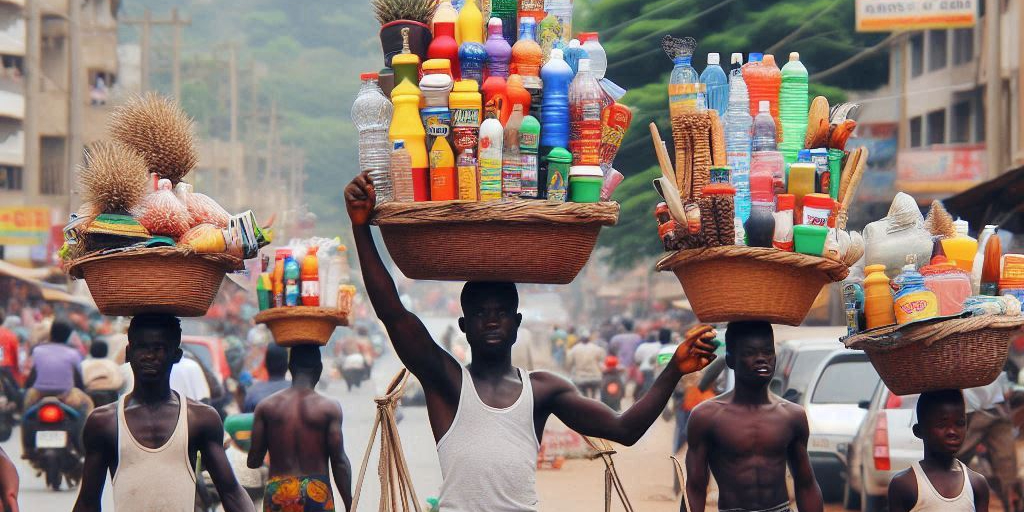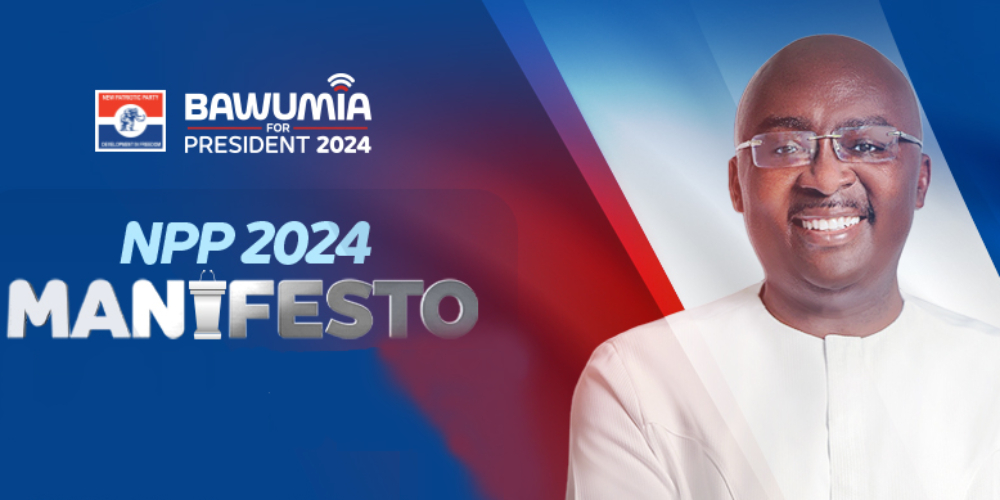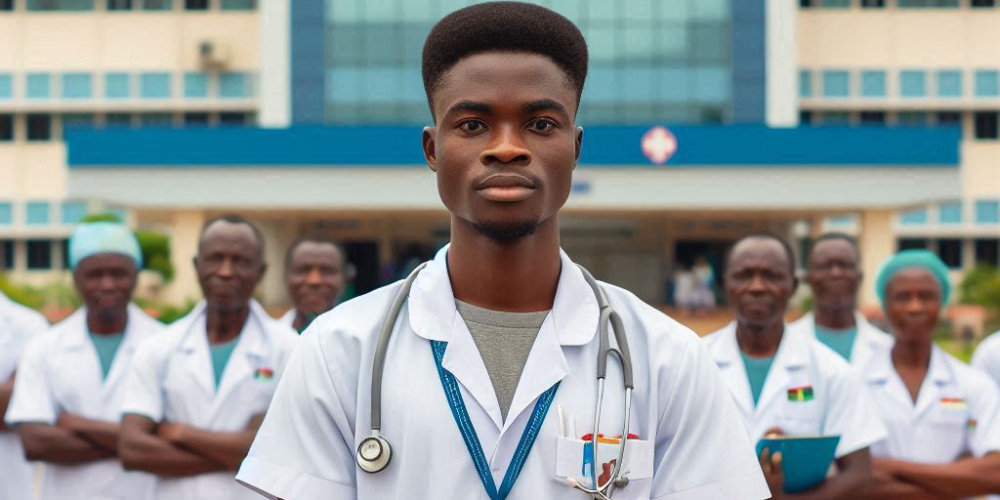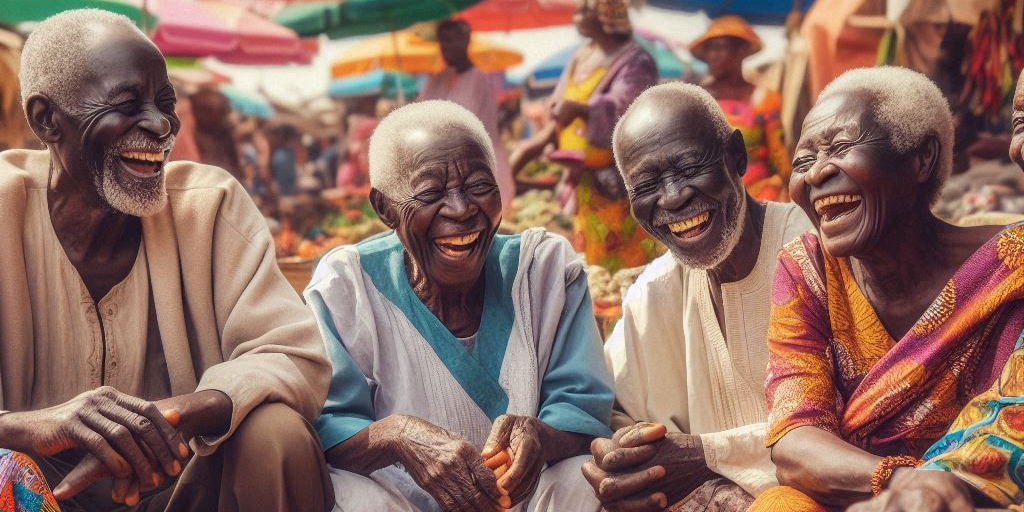In line with Dr. Bawumia’s vision, specific measures will help low-income and vulnerable groups gain better access to financial resources, economic opportunities, and essential services. His focus on digitization will increase the efficiency and accessibility of public services, lowering barriers to social security, healthcare, and education for vulnerable populations. By making it simpler for low-income people to access banking services, credit, and savings, financial inclusion programs like mobile money interoperability will empower them and help them become financially independent. To help vulnerable people break the cycle of poverty, programs like YouStart and skills development will also give them access to employment and entrepreneurship prospects. The goal of Dr. Bawumia’s vision is to establish a more equitable economy that benefits the most disadvantaged by giving them the resources and support needed to improve their livelihoods.
Top 5 Frequently Asked Questions
Question 1: What is the government’s plan to expand social housing for low-income workers?
Answer: We aim to significantly increase the availability of affordable housing through various programs, including rental assistance schemes and rent-to-own options. These initiatives will make it easier for low-income workers to secure housing without the burden of large upfront costs, providing a stable and dignified living environment.
Question 2: How will the government support local governments in implementing social projects?
Answer: We will strengthen the fiscal capacity of local governments by providing them with more resources and financial support. This will enable them to implement social projects that directly benefit vulnerable populations, such as housing, healthcare, and education initiatives.
Question 3: What measures will be taken to improve access to job opportunities for vulnerable groups?
Answer: Our policy includes government-led skills development programs aimed at equipping low-income and vulnerable populations with the skills they need to secure decent jobs. We will also collaborate with private sector partners to create more job opportunities, ensuring that these communities have a pathway to economic independence.
Question 4: How will digital financial inclusion be promoted to support low-income groups?
Answer: We plan to expand digital financial services, making it easier for people to access banking, savings, and credit services through digital platforms. The GUD Wallet will play a key role in facilitating secure and transparent social protection transfers, ensuring that benefits reach those who need them most while minimizing fraud.
Question 5: What specific social protection facilities will be developed under this policy?
Answer: We will build shelters for the homeless and other social protection facilities, working closely with faith-based organizations (FBOs) and charities. These partnerships will help us provide safe and supportive environments for vulnerable individuals, including those facing homelessness.





